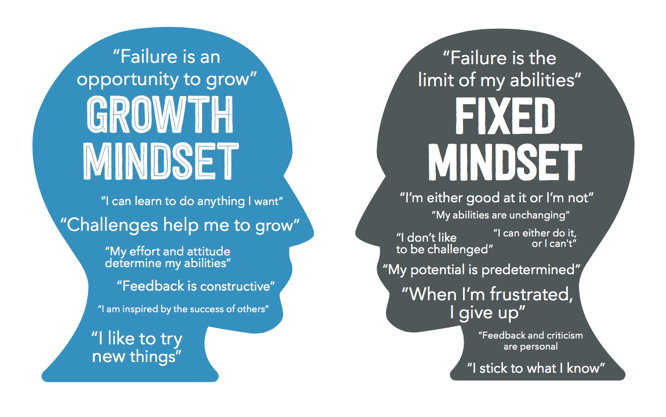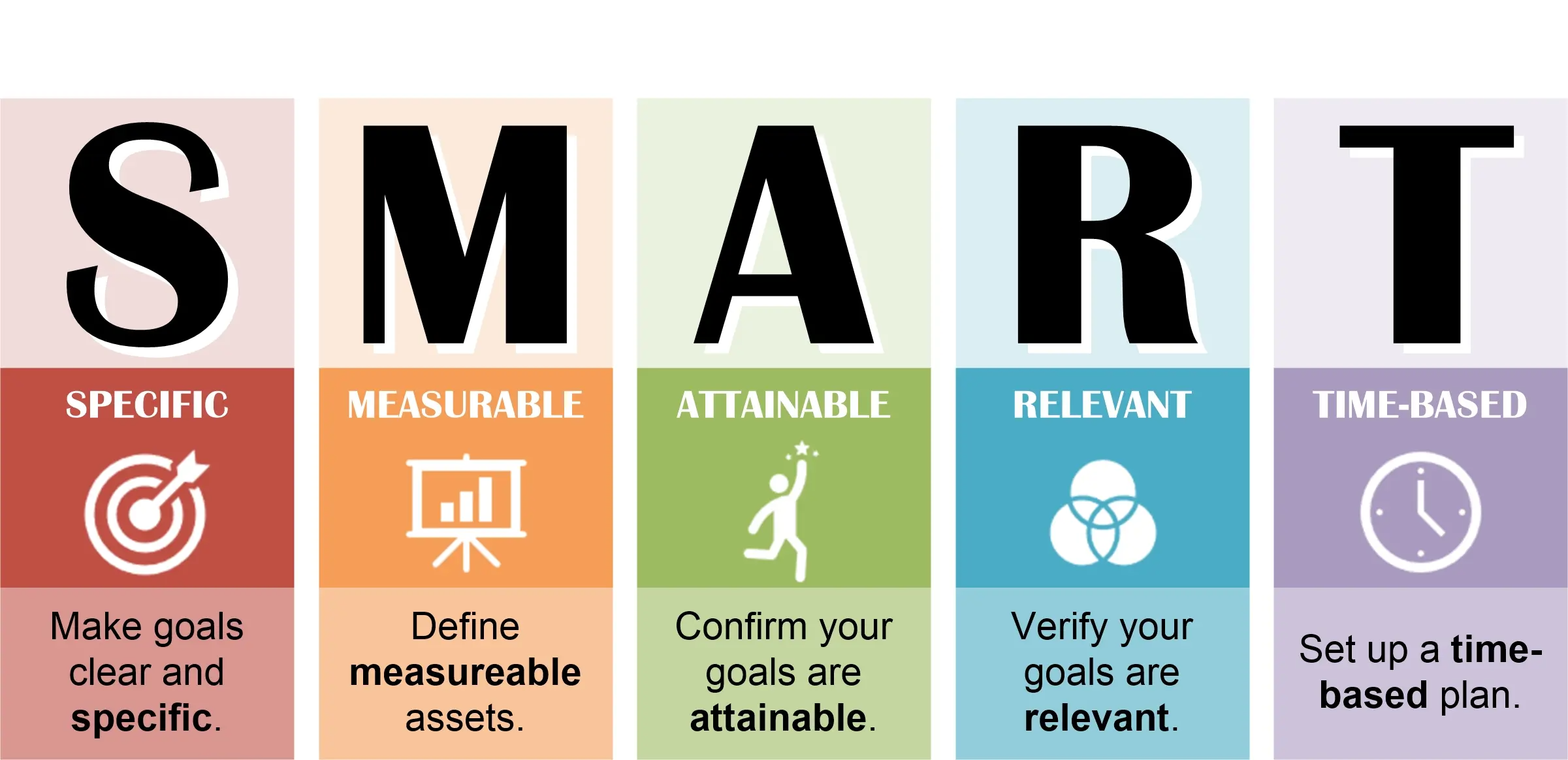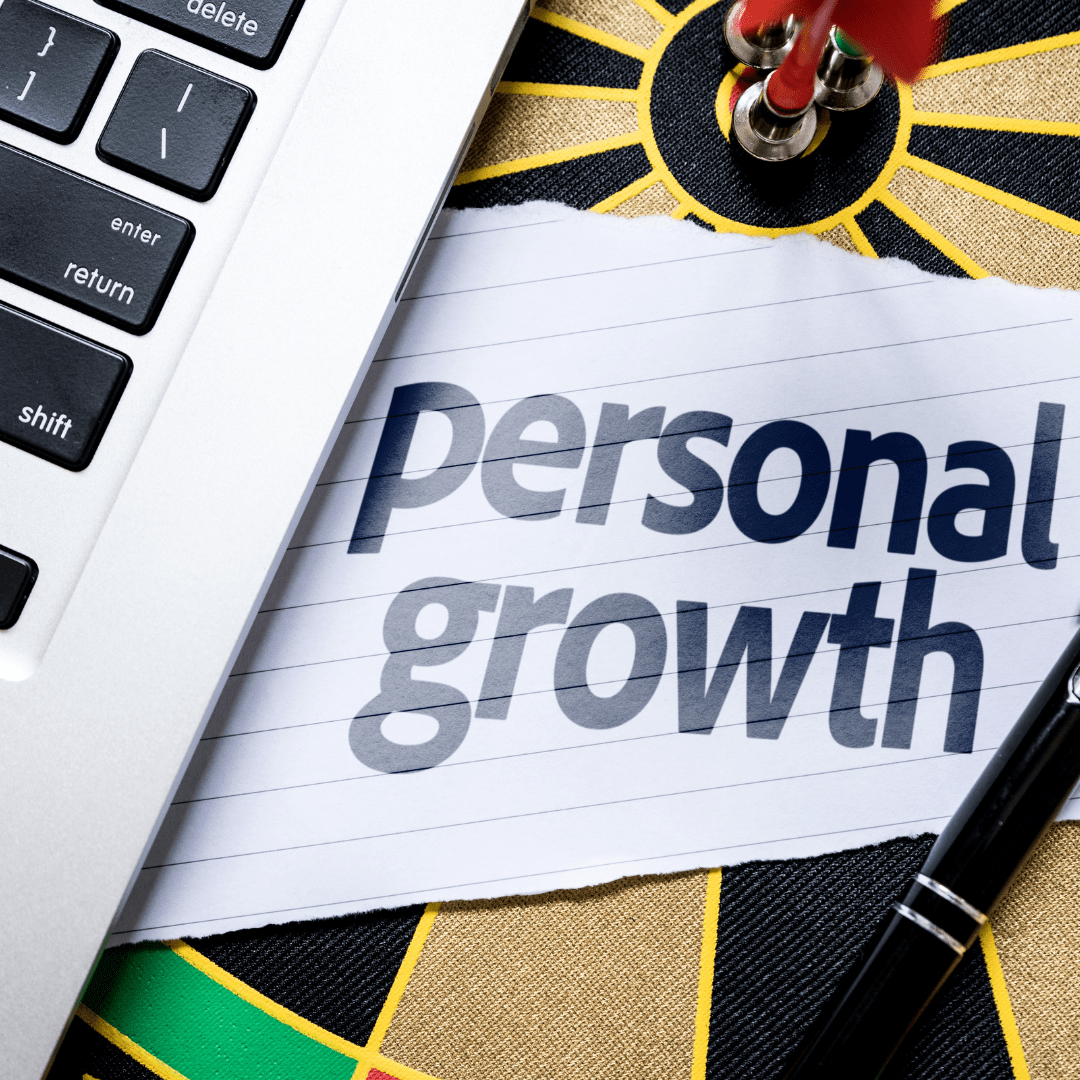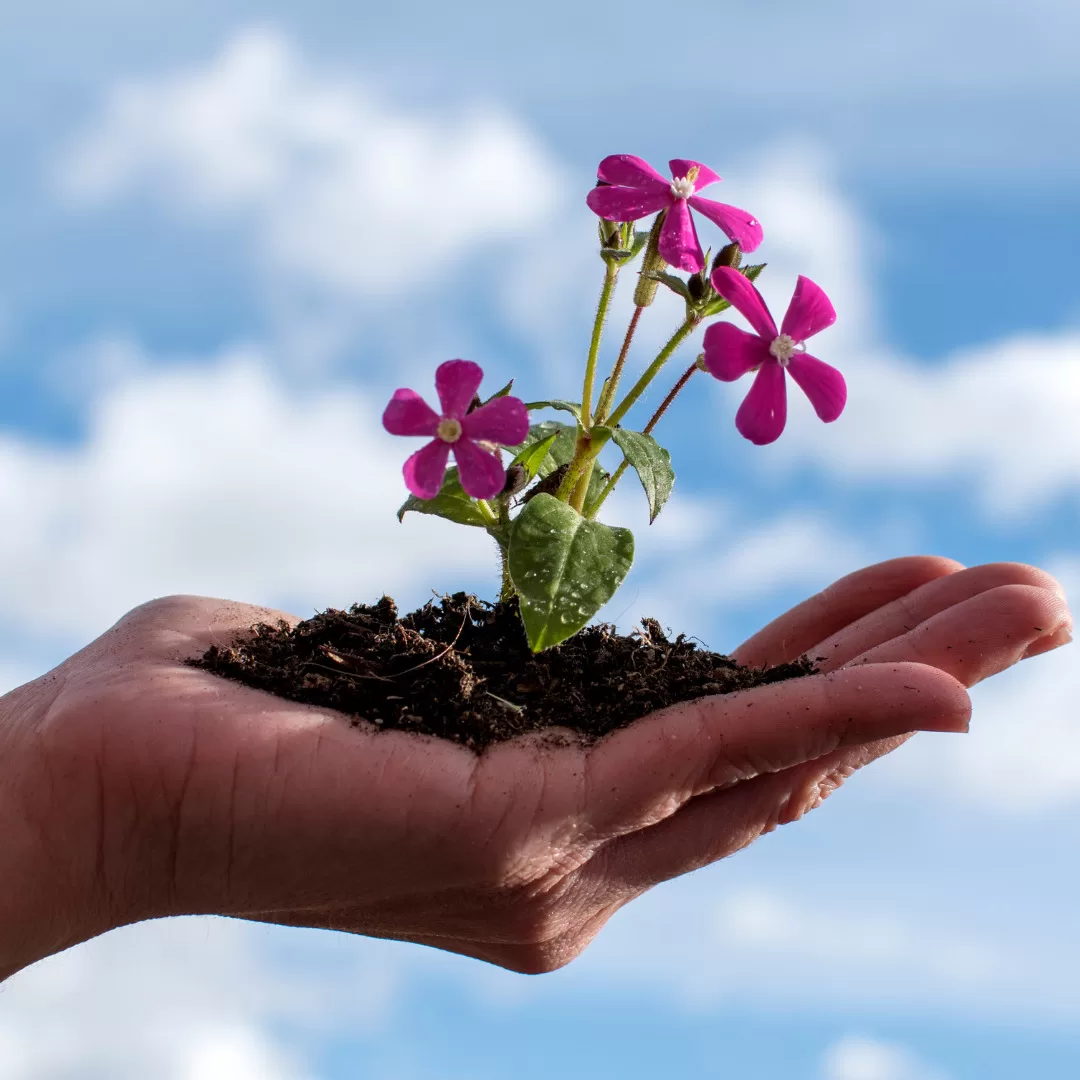In today’s fast-paced world, discovering how to practice self-growth is essential for reaching your full potential, both personally and professionally. This comprehensive guide aims to equip you with the tools and strategies necessary to embark on a journey of continuous self-improvement. By learning how to practice self-growth, you’ll not only enhance your mindset and emotional intelligence but also unlock the doors to greater opportunities, success, and overall well-being. So, let’s dive into the essential steps and techniques that will help you transform your life and become the best version of yourself.
Introduction to Practicing Self-Growth
The journey of self-improvement is an ongoing process that greatly impacts our personal and professional lives. By learning how to practice self-growth, you can unlock your full potential and achieve greater success and happiness. In this introduction to practicing self-growth, we will provide a comprehensive roadmap to help you navigate the challenges and opportunities that come with personal development. With a focus on cultivating a growth mindset, setting achievable goals, improving time management, and enhancing emotional intelligence, you’ll be well-equipped to create lasting, positive change in your life. So, let’s embark on this exciting journey together and take the first steps towards becoming the best version of ourselves.
The value of learning how to practice self-growth
The value of learning how to practice self-growth cannot be overstated. In a world where change is constant and new challenges arise daily, investing in personal development empowers you to adapt and thrive. By actively working on self-growth, you enhance various aspects of your life, such as mental well-being, emotional intelligence, and professional success. Additionally, learning how to practice self-growth fosters a growth mindset, encouraging resilience and resourcefulness in the face of adversity. Ultimately, pursuing self-growth leads to a more fulfilling and rewarding life, enabling you to unlock your true potential and achieve your goals.
Overview of the guide’s objectives and strategies
This guide on how to practice self-growth offers a comprehensive roadmap for personal development, encompassing various dimensions of self-improvement. The objectives of this guide are to help you cultivate a growth mindset, set effective goals, improve time management and productivity, enhance emotional intelligence, and pursue continuous learning and skill development. By following the strategies outlined in each section, you will be well-equipped to embark on your self-growth journey, ultimately leading to a more fulfilling and successful life.
How to Cultivate a Growth Mindset for Self-Growth
Cultivating a growth mindset is essential for self-growth, as it sets the foundation for a lifelong commitment to personal development. A growth mindset instills a belief that abilities and intelligence can be developed over time, allowing you to embrace new challenges and learn from experiences. Here are some general tips to help you cultivate a growth mindset:
- Reframe your inner dialogue: Replace self-limiting thoughts with more positive and growth-oriented affirmations.
- Surround yourself with like-minded individuals: Build a network of people who also value growth and can provide support and motivation.
- Focus on effort and persistence: Recognize the importance of effort and hard work in achieving success, rather than relying solely on innate talent.
- Cultivate self-awareness: Regularly reflect on your thoughts, emotions, and behaviors to identify areas for improvement and growth.
By incorporating these tips into your daily life, you’ll be well on your way to developing a growth mindset that serves as a strong foundation for your self-growth journey. Remember, cultivating this mindset is an ongoing process, and consistently practicing these habits will help you unlock your full potential.

Comparing fixed and growth mindsets
Understanding the differences between a fixed mindset and a growth mindset is crucial for personal development. While a fixed mindset assumes that intelligence and abilities are innate and unchangeable, a growth mindset believes that these qualities can be developed through effort and learning. Here is a comparison table highlighting the key differences between fixed and growth mindsets:
| Aspect | Fixed Mindset | Growth Mindset |
|---|---|---|
| Beliefs about intelligence and abilities | Innate and unchangeable | Developable through effort and learning |
| Reaction to challenges | Avoids challenges due to fear of failure | Embraces challenges as growth opportunities |
| Response to setbacks | Gets discouraged and gives up easily | Perseveres and learns from mistakes |
| Approach to learning | Focuses on validation of abilities | Focuses on acquiring new skills and knowledge |
| Feedback and criticism | Ignores or gets defensive | Welcomes and uses feedback for improvement |
By recognizing these differences and fostering a growth mindset, you lay the groundwork for a successful journey of self-growth and personal development.
Techniques for developing a growth mindset
To successfully develop a growth mindset and support your self-growth journey, it’s essential to actively incorporate specific techniques into your daily life. These practices will help you shift your perspective, embrace challenges, and prioritize continuous learning, ultimately leading to a more fulfilling and successful life. Here, we’ll explore some key techniques for fostering a growth mindset, focusing on embracing challenges and setbacks, as well as pursuing lifelong learning. By integrating these strategies into your routine, you’ll lay a strong foundation for personal development and unlock your full potential.
Embracing challenges and setbacks
Learning to embrace challenges and setbacks is vital for cultivating a growth mindset. It allows you to see these experiences as opportunities to learn and grow rather than as roadblocks. Here are some practical steps to help you embrace challenges and setbacks:
- Reframe your perspective: Instead of seeing challenges as threats, view them as opportunities to learn and improve your skills. For example, if you’re tasked with a difficult project at work, see it as a chance to expand your expertise in that area.
- Analyze setbacks: When faced with a setback, take the time to analyze what went wrong and identify what you can learn from it. For instance, if you failed to meet a personal goal, determine the factors that contributed to this outcome and how you can adjust your approach in the future.
- Develop resilience: Cultivate mental and emotional resilience by practicing mindfulness, setting realistic expectations, and maintaining a support network of friends, family, or mentors.
Pursuing lifelong learning
Committing to lifelong learning is a key component of a growth mindset, as it encourages you to continuously seek new knowledge and skills. Here are some avenues for pursuing lifelong learning:
- Formal education: Enroll in online or in-person courses to acquire new skills or enhance existing ones. Examples include coding classes, language courses, or workshops on public speaking.
- Informal learning: Engage in self-directed learning through books, articles, podcasts, and videos. For example, you could read a book on leadership, watch TED talks on creativity, or listen to podcasts about productivity.
- Networking and mentorship: Connect with professionals in your field or individuals who share your interests to exchange ideas and learn from their experiences. This can be done through professional networking events, industry conferences, or online forums.
By actively embracing challenges and setbacks and committing to lifelong learning, you’ll cultivate a growth mindset that will greatly benefit your self-growth journey.
Mind Tools – Access resources and tools for personal and professional growth.
How to Set Goals for Effective Self-Growth
Setting goals for personal growth and development is crucial for achieving success and happiness in life. Studies have shown that people who set specific, challenging goals for themselves are more likely to achieve them than those who don’t. Additionally, goal setting has been linked to increased motivation, self-esteem, and overall well-being.
To set effective goals for self-growth, it’s important to establish a clear direction and create a plan to achieve your desired outcomes. This might involve breaking your goals down into smaller, more manageable tasks or using the SMART framework to ensure they are Specific, Measurable, Achievable, Relevant, and Time-bound.
Moreover, setting goals can help you stay focused and motivated throughout your growth journey. It gives you something to work towards and helps you track your progress over time, giving you a sense of accomplishment and fulfillment as you achieve each milestone.
In short, setting effective goals is a key component of personal growth and development. By taking the time to identify your priorities, make your goals specific, and use proven techniques to stay motivated and track progress, you’ll be well on your way to achieving success and happiness in all areas of your life.
The importance of setting clear and achievable goals
Setting clear and achievable goals is crucial for personal growth and development. It can have a significant impact on an individual’s life. For example, athletes who compete in the Olympics set specific goals and work tirelessly towards achieving them. Entrepreneurs set clear objectives for their businesses and take measurable steps towards achieving them. Students set academic goals to stay motivated and focused on their studies.
Without setting clear and achievable goals, individuals may struggle to stay motivated and achieve their desired outcomes. By setting specific, measurable goals and taking actionable steps towards achieving them, individuals can unlock their full potential and achieve success in all areas of life.

SMART goal-setting framework
Setting SMART goals is an effective strategy for practicing self-growth. By using the SMART goal-setting framework, individuals can create clear and achievable goals for themselves that are aligned with their overall objectives for how to practice self-growth.
Firstly, setting specific goals is important for how to practice self-growth. By defining exactly what you want to achieve and identifying the steps you need to take to get there, you can focus your efforts and make progress toward achieving your desired outcomes.
Secondly, measurable goals are essential for tracking progress in how to practice self-growth. By setting specific metrics for success and regularly evaluating your progress towards achieving those metrics, you can determine whether you’re on track and make any necessary adjustments to your approach.
Thirdly, achievable goals are important for maintaining motivation when practicing self-growth. By setting goals that are challenging but realistic, you can build momentum and maintain motivation toward achieving your desired outcomes.
Moreover, relevant goals are important for ensuring that your efforts are aligned with your overall objectives for how to practice self-growth. By setting relevant goals, you can focus on the areas of self-growth that are most important to you and make progress toward achieving your desired outcomes.
Lastly, setting time-bound goals is essential for maintaining accountability in how to practice self-growth. By setting deadlines for achieving your goals, you can hold yourself accountable and maintain focus toward achieving your desired outcomes.
In conclusion, using the SMART goal-setting framework is an effective strategy for practicing self-growth. By setting specific, measurable, achievable, relevant, and time-bound goals that are aligned with your overall objectives for how to practice self-growth, you can create a clear roadmap toward achieving your desired outcomes. This can help you stay focused, motivated, and on track toward achieving your desired outcomes for self-growth.
Tips for staying motivated and accountable
Here are some tips for staying motivated and accountable toward achieving your goals:
- First, establish a routine for working towards your goals daily. This helps build momentum and makes it easier to stay on track.
- Secondly, create a support system of friends, family, or a mentor to hold you accountable and provide encouragement.
- Thirdly, track your progress regularly and celebrate small wins along the way to stay motivated.
- Additionally, break down larger goals into smaller, achievable tasks to avoid feeling overwhelmed.
- Lastly, use positive self-talk and visualize success to keep a positive mindset and stay motivated toward achieving your desired outcomes.
Harvard Business Review – Gain insights and advice on personal growth and development.
How to Improve Time Management and Productivity for Self-Growth
Effective time management and productivity are crucial for achieving personal growth and development. Here are some tips for improving your time management and productivity:
- First, establish clear goals and prioritize tasks based on their importance and urgency. This helps ensure that you are using your time efficiently and effectively.
- Secondly, avoid multitasking, as it can be counterproductive and decrease overall productivity. Instead, focus on one task at a time and give it your full attention.
- Thirdly, take regular breaks to recharge and avoid burnout. Short breaks can increase productivity by giving your brain a chance to rest and refocus.
- Additionally, delegate tasks when possible, especially those that are not your strengths or require a significant amount of time. This frees up your time to focus on tasks that are more aligned with your goals and strengths.
- Lastly, use productivity tools such as time-tracking apps, project management software, and calendars to help you stay organized and on track.
By improving your time management and productivity, you can achieve more in less time and work towards your personal growth and development goals. Remember, it’s not about doing more, but about doing things more efficiently and effectively. By implementing these tips and strategies, you can optimize your time and productivity to achieve your desired outcomes.
Analyzing your current time usage
Analyzing your current time usage is a valuable exercise for identifying opportunities for self-growth and improvement. To conduct a time usage analysis, consider the following:
Begin by keeping a detailed log of your daily activities and the amount of time spent on each one. Categorize your activities into different buckets, such as work, leisure, personal development, and so on. This will help you assess how much time you are spending on each area and identify any imbalances.
Evaluate the importance and urgency of each activity to help you prioritize your time and focus on the most critical tasks. Additionally, identify any distractions or time-wasters that might be hindering your productivity. These could include social media, email, or other non-essential activities.
Set goals for how you want to allocate your time and create a plan to achieve them. This could include setting specific time limits for activities, scheduling dedicated time for personal development, or eliminating time-wasting activities.
By conducting a time usage analysis, you can identify areas where you might be able to improve your productivity and allocate your time more effectively. This can help you achieve your personal and professional goals and create a more fulfilling and balanced life. Remember, time is a precious resource, and using it wisely is key to achieving success and personal growth.

Effective strategies for improving productivity
Improving productivity is a key factor in achieving success in both personal and professional life. By implementing effective strategies, individuals can boost their productivity levels and accomplish more in less time.
- One strategy is to establish a routine that works for you. By creating a schedule that includes set times for work, breaks, and personal time, you can maintain a healthy work-life balance and stay on track with your goals.
- Prioritizing tasks is another strategy that can help increase productivity. By using tools like to-do lists or productivity apps, you can stay organized and focused on the most important and urgent tasks.
- Eliminating distractions is also essential to improving productivity. Turning off notifications or working in a quiet environment can help you stay focused and avoid wasting time on unimportant tasks.
- Taking breaks regularly is important for recharging your energy and preventing burnout, which can increase productivity and creativity.
- Delegating tasks to others when possible can also help you focus on high-priority tasks and free up your time.
- Lastly, continuously learning and developing new skills can help you become more efficient and effective, and stay ahead of the curve.
By incorporating these strategies into your daily routine, you can improve productivity and achieve your desired outcomes.
How to Enhance Emotional Intelligence for Self-Growth
Enhancing emotional intelligence (EI) is essential for personal growth and improving relationships. To develop EI, it is important to begin by practicing self-awareness. By taking time to understand your own emotions and recognizing your triggers, you can better manage your emotions and respond effectively in challenging situations.
Another key component of developing EI is empathy. By considering other people’s feelings and perspectives, you can improve your communication and build stronger relationships. In addition, improving your social skills is essential. Focusing on effective communication, active listening, and assertiveness can help you resolve conflicts and build more positive relationships.
Learning to manage your emotions is also crucial. By developing healthy coping mechanisms, such as exercise, meditation, or journaling, you can manage stress and negative emotions more effectively. Finally, it is important to practice emotional intelligence in all aspects of your life, including personal and professional relationships.
By enhancing your emotional intelligence, you can become more self-aware, empathetic, and socially skilled. This can help you navigate challenging situations and improve your overall well-being and success. In summary, developing EI involves practicing self-awareness, empathy, social skills, and effective emotion management. By incorporating these techniques into your life, you can improve your emotional intelligence and achieve personal growth.
Understanding the Role of emotional intelligence in self-growth
Emotional intelligence (EI) is essential for self-growth and improving relationships. It allows individuals to recognize, understand, and manage their own emotions, as well as the emotions of others. Moreover, emotional intelligence enables individuals to develop effective conflict-resolution strategies and better communication skills.
Developing emotional intelligence involves several key aspects. Firstly, practicing self-awareness is crucial. By recognizing and understanding one’s own emotions and triggers, individuals can learn to manage their emotions more effectively. Secondly, empathy is another critical aspect of emotional intelligence. By practicing empathy, individuals can understand and share the feelings of others, leading to better communication and stronger relationships.
Additionally, developing social skills, such as effective communication, active listening, and assertiveness, is essential for emotional intelligence. These skills can help individuals navigate social situations and resolve conflicts more effectively. Ultimately, by developing emotional intelligence, individuals can improve their ability to navigate difficult situations and manage stress.
EI is a critical component of self-growth. By developing emotional intelligence, individuals can improve their communication skills, build stronger relationships, and effectively manage their emotions. This can lead to greater success and well-being in all areas of life.
Techniques for enhancing emotional intelligence
Enhancing emotional intelligence involves various techniques to develop self-awareness, empathy, and social skills. Here are two techniques for enhancing emotional intelligence:
Firstly, practicing empathy is crucial. By putting oneself in other people’s shoes and understanding their feelings and perspectives, individuals can improve their communication skills and build stronger relationships with others.
Secondly, managing stress and maintaining balance is important for developing emotional intelligence. By developing healthy coping mechanisms, such as exercise, meditation, or journaling, individuals can manage their emotions more effectively and maintain a healthy work-life balance. Additionally, setting boundaries and prioritizing self-care can help prevent burnout and improve overall well-being.
Furthermore, active listening, effective communication, and assertiveness are additional skills that can help individuals navigate social situations and resolve conflicts more effectively.
By enhancing emotional intelligence, individuals can improve their ability to manage their emotions, communicate effectively, and build stronger relationships. This can lead to greater success and well-being in all areas of life. In summary, developing emotional intelligence involves practicing empathy, managing stress, and developing social skills. These techniques can help individuals achieve personal growth and improve their overall quality of life.
TED Talks – Get inspired and gain insights on personal growth and leadership from experts across various fields.
How to Pursue Continuous Learning and Skill Development for Self Growth
If you’re seeking personal growth, practicing continuous learning and skill development is essential. By continuously seeking out opportunities to learn, you can broaden your knowledge and skills, stay relevant in your field, and gain a competitive edge. In this guide, we have shared tips on how to practice self-growth through continuous learning.
One of the key strategies for practicing self-growth is setting clear and specific learning goals. By defining your goals, you can stay motivated and focused on your learning journey. Moreover, seeking out various learning opportunities, such as workshops, seminars, or online courses, can help you gain new knowledge and skills, as well as establish valuable connections in your field.
Another crucial aspect of practicing self-growth is taking risks and stepping outside of your comfort zone. Embracing new challenges and experiences can help you develop new skills and gain valuable insights. Additionally, reflecting on your progress regularly can help you stay motivated and track your progress toward your goals.
By implementing these strategies, you can enhance your emotional intelligence, develop a growth mindset, and cultivate personal and professional success. Practicing self-growth through continuous learning is an ongoing process that requires commitment and dedication. However, by embracing a lifelong learning mindset and applying what you have learned, you can achieve your personal and professional aspirations.
The value of lifelong learning in personal growth
Learning how to practice self-growth is an important aspect of lifelong learning. By committing to personal growth and self-improvement, individuals can adapt to changes, improve their skills, and explore new interests.
One key benefit of lifelong learning is the ability to develop a growth mindset. By embracing challenges and setbacks and pursuing learning opportunities, individuals can improve their ability to navigate difficult situations and manage stress. Moreover, setting clear and achievable goals is essential for self-growth. By establishing a clear direction, staying motivated, and tracking progress, individuals can achieve personal growth and development.
Another important aspect of self-growth is emotional intelligence. By practicing self-awareness, empathy, and effective communication skills, individuals can also improve their ability to navigate social situations and build stronger relationships. Moreover, developing social skills and engaging in learning activities can lead to greater personal fulfillment and community involvement.
In conclusion, lifelong learning is essential for personal growth and development. By committing to self-improvement, individuals can develop a growth mindset, set clear goals, and improve their emotional intelligence and social skills. By practicing these strategies, individuals can achieve greater success and well-being in all areas of life.
Strategies for acquiring new skills and knowledge
Acquiring new skills and knowledge is essential for self-growth and personal development. Here are some strategies to help you develop new skills and expand your knowledge:
- Firstly, set clear goals for what you want to achieve. This can help you stay motivated and focused on your learning objectives.
- Secondly, identify your learning style and choose learning materials that suit your preferences. This can help you retain information more effectively.
- Thirdly, seek out resources and opportunities to learn. This can include online courses, workshops, books, and mentorship programs.
- Moreover, practice active learning by applying new knowledge and skills in real-world situations. This can help you retain information more effectively and improve your abilities.
- Additionally, seek feedback and constructive criticism to help you identify areas for improvement and continue to grow and develop.
Incorporating these strategies into your learning routine can help you acquire new skills and knowledge and achieve personal growth. Remember to stay focused, stay motivated, and be open to new experiences and challenges. Ultimately, the key to achieving personal growth is to never stop learning and growing. By continually expanding your knowledge and skill set, you can become a better, more well-rounded individual, practicing self-growth along the way.
Coursera – Explore thousands of courses on personal development and leadership from top universities and organizations.
LinkedIn Learning – Access courses and tutorials on personal growth and development to improve your skills.
Conclusion: Reflecting on How to Practice Self-Growth
As we’ve seen, practicing self-growth involves a variety of techniques and strategies. By developing emotional intelligence, setting effective goals, and embracing a growth mindset, individuals can achieve greater success and fulfillment in life.
To summarize, some of the key points for practicing self-growth include developing emotional intelligence through self-awareness, empathy, and social skills. Setting effective goals using the SMART framework, embracing a growth mindset, and staying motivated and accountable can also help individuals achieve personal growth.
It’s important to remember that self-growth is a lifelong journey. By continuing to practice these techniques and seeking new opportunities for growth and development, individuals can also continue to improve their lives and achieve their goals. Remember to stay curious, stay motivated, and stay committed to personal growth.
In conclusion, practicing self-growth is essential for personal and professional success. By developing emotional intelligence, setting effective goals, and cultivating a growth mindset, individuals can achieve greater fulfillment and success in life. So don’t hesitate to take action and start practicing these techniques today. Remember, the key to success is to never stop growing and learning, and that’s exactly what practicing self-growth is all about.












